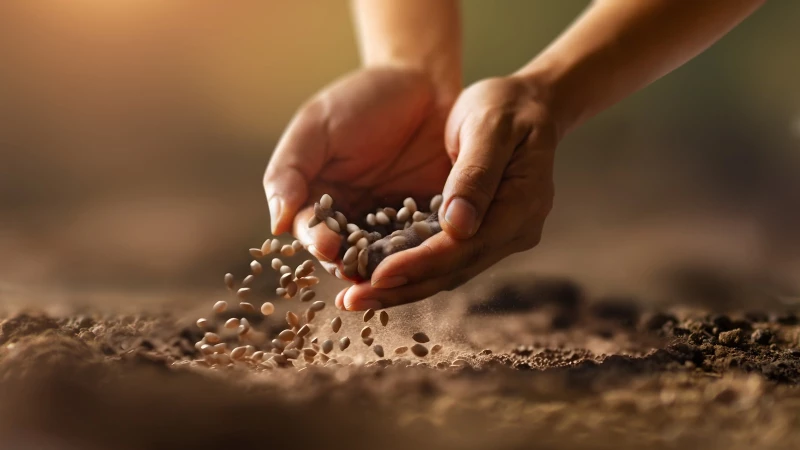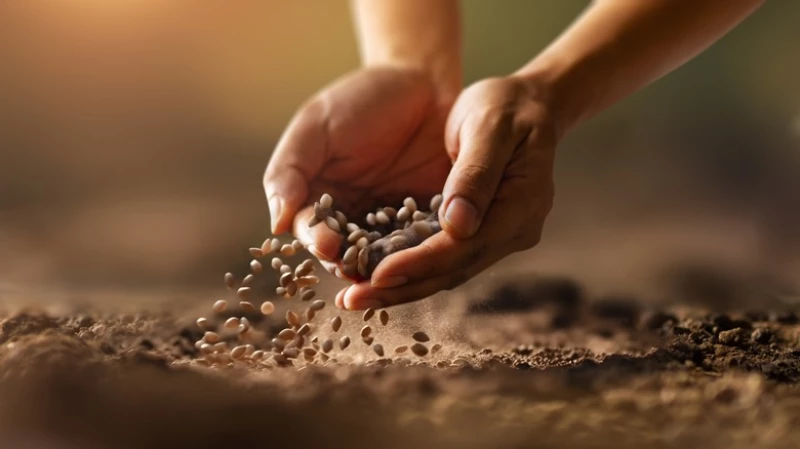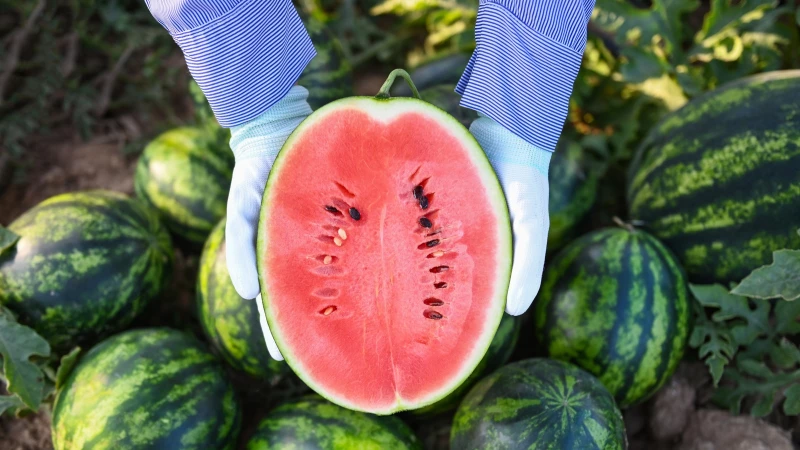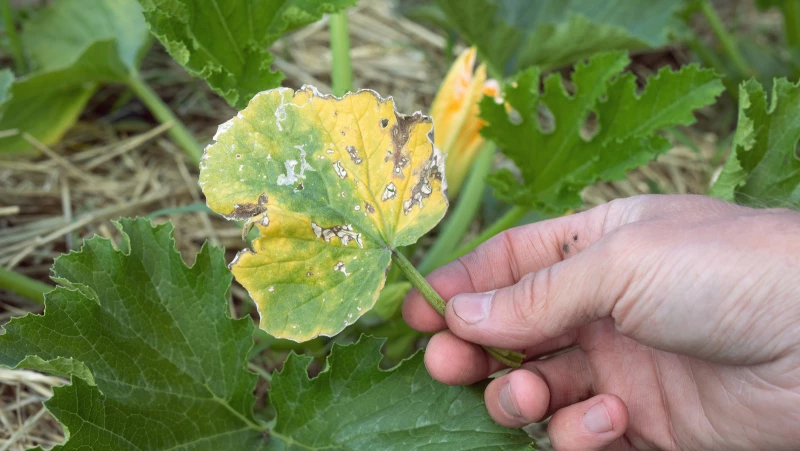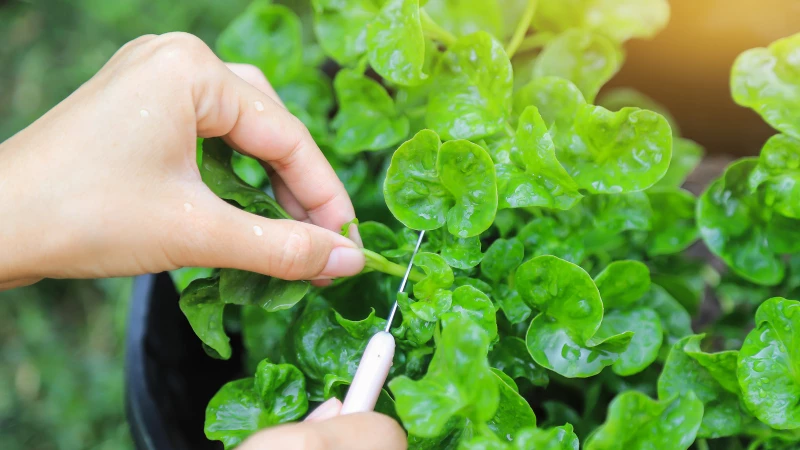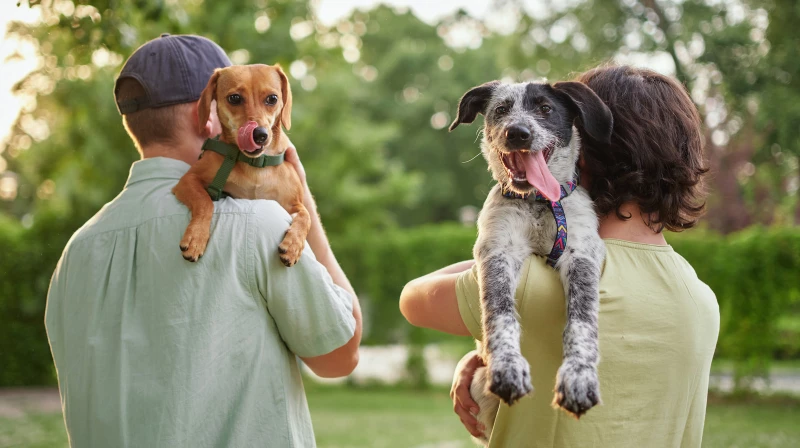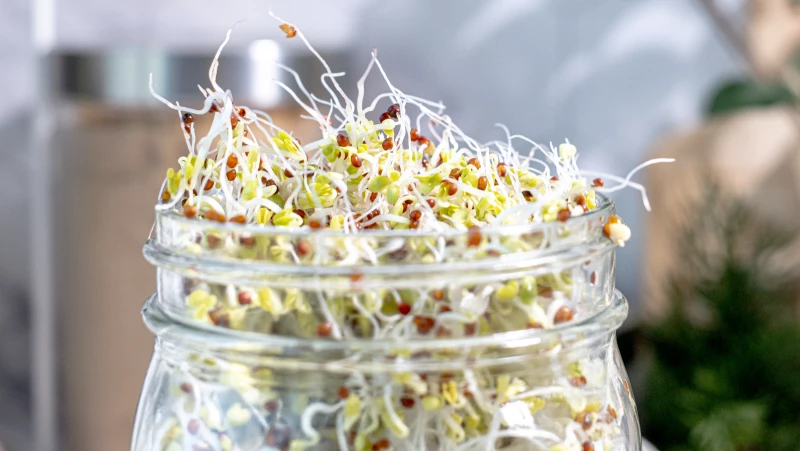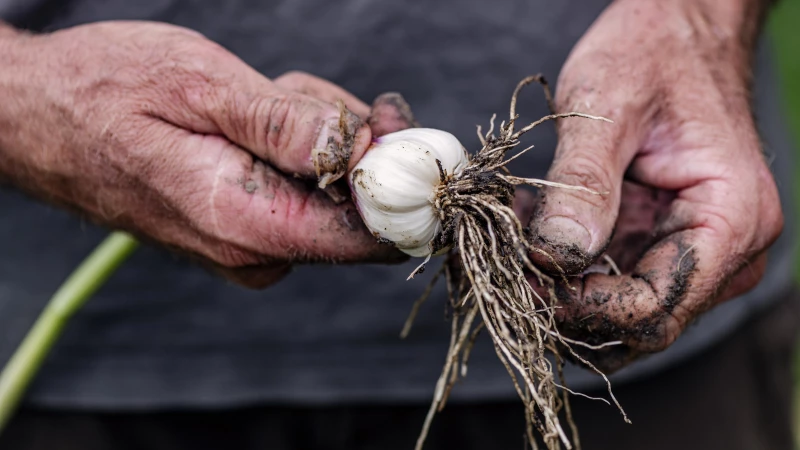Debunking the Myth: Seed Germination and the Floating Seed Method
Seed germination, the process of a seed becoming a seedling before it grows into its full form as a plant, can be tricky to get right. You may have heard that floating seeds are less likely to germinate and stuck by this adage. However, the reality is that it just isn't true. If you have been wasting perfectly good seeds because of this old wives' tale, don't worry. Now you know the truth: you can use all seeds when growing a plant from scratch rather than just a select few.
Still, there are some other ways you can tell if a seed is viable that don't involve putting it in water to see if it floats — though you should always wash any seeds you are getting directly from vegetables instead of from a sealed seed packet, like peppers, so that you can get any gunk off of them. Here is all you need to know about why the floating seed method has been debunked and what to look out for instead so you don't make any mistakes when starting your seeds.
If you're still on the fence about floating seeds sprouting just as well, consider this experiment via YouTuber gardener Daisy Dawes as proof. In the video, the seeds placed in the water had solid germination rates despite sinking or floating. As several types of seeds were tested and proven to germinate despite not sinking, it's clear that the floating seed myth is just that — a myth. Now that you know that sinking seeds aren't the only ones guaranteed to germinate, you can stop wasting seeds by throwing them away.
A floating seed doesn't necessarily indicate a dead seed, but there are some other reasons seeds might not germinate. The first is water levels. If you place your seeds in soil that's too wet or too dry, they won't be able to thrive. The soil should remain moist to give your seeds the best chance to thrive. Another key factor is the age of the seeds you're using. All seeds in a packet should have a date that tells you when they are past their best. You may feel excited about discovering an old seed packet in your gardening cupboard, but if the seeds are expired, it's unlikely they'll grow well. Above all, patience is critical. If you feel your seeds are taking a while to show signs of activity, remember that this is often a normal occurrence and that all seeds germinate at a different pace.

